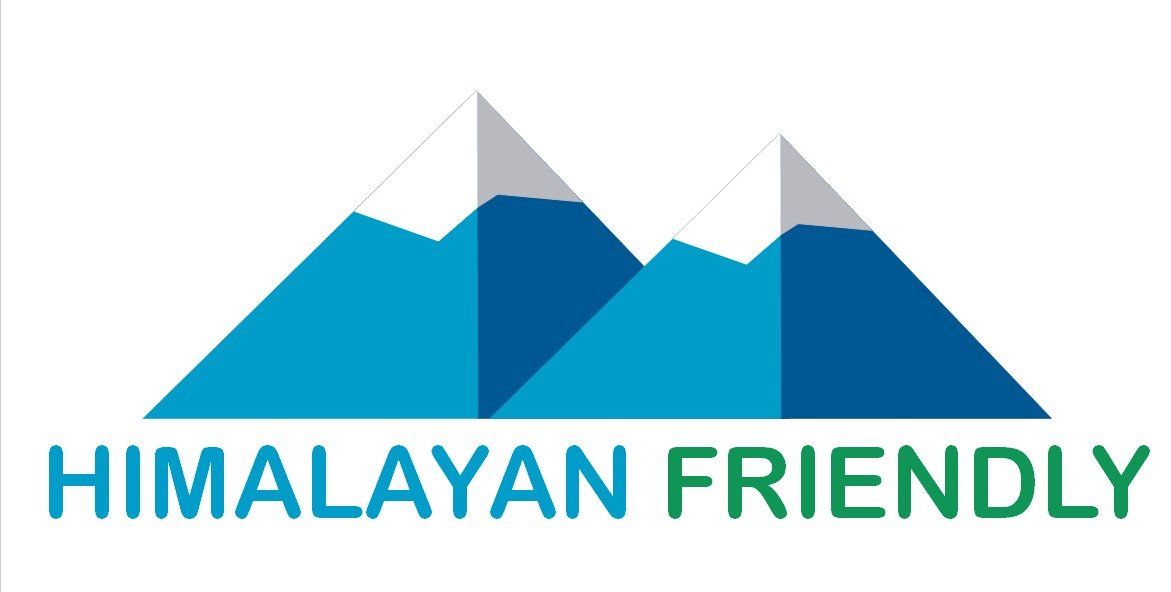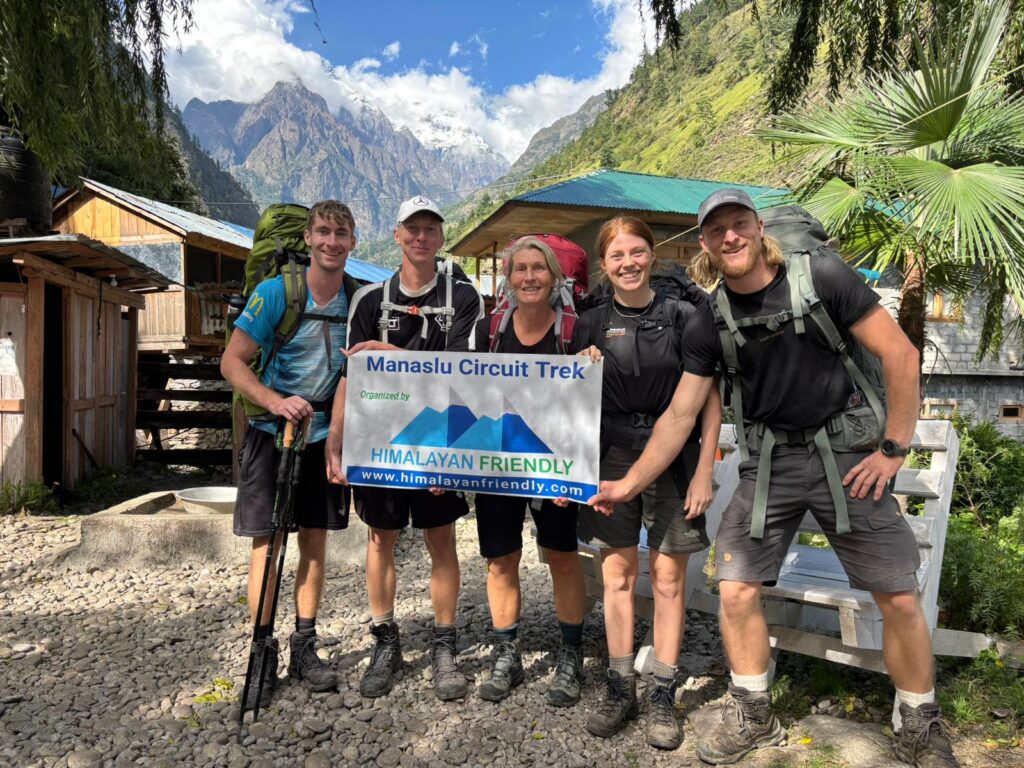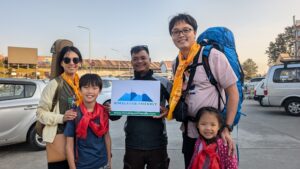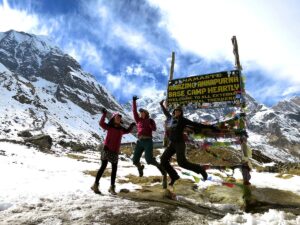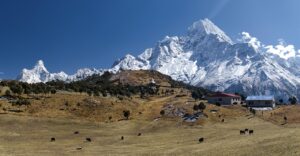There is a Himalayan trail where the river keeps you company from the first footbridge, where prayer flags mark the wind, and where a great mountain waits quietly above the villages. This Manaslu Circuit Trek guide introduces a route that circles Mount Manaslu at 8,163 meters, touches remote valleys, and threads through monasteries, yak pastures, and high passes. The route is steady and serious. It asks for patience, fitness, and respect. It gives back clarity, long horizons, and a close look at living Himalayan culture.
The Manaslu Circuit Trek Guide: What the Trek Involves
The Manaslu Circuit Trek follows the Budhi Gandaki upstream, climbs toward glacier country, crosses Larkya La, then descends to meet the roads of the Annapurna side. The total distance is roughly 170 to 180 kilometers, depending on side trips.
Most itineraries span 13 to 15 days. Two acclimatization stops are standard. Many teams rest in Samagaun and Samdo. These pauses are not a luxury. They are the key that lets you cross the pass safely and enjoy the final view without a pounding headache.
Duration, Difficulty, and Best Season: Manaslu Circuit Trek Guide
The Manaslu Circuit Trek guide helps you understand how the trek feels in each season, though those windows suit most people well.
The typical duration is 14 to 16 trekking days, excluding travel to and from the trailheads.
Difficulty is strenuous for most hikers. Expect to walk 6 to 8 hours on many days.
The best months are March to May and September to November. Spring brings color and longer light. Autumn brings clear air and far views.
Manaslu Circuit Trek Guide to Permits and Local Rules
The Manaslu region is a restricted area. Independent trekking is not permitted. You must book through a registered agency and walk with a licensed guide. At least two trekkers are required for the paperwork. Your agency will process the permits, but you should understand what they are.
Restricted Area Permit.
- September to November: USD 100 for the first seven days, then USD 15 per extra day.
- December to August: USD 75 for the first seven days, then USD 10 per extra day.
- Manaslu Conservation Area Permit.
- Annapurna Conservation Area Permit, because the exit meets the Annapurna side.
Manaslu Circuit Trek Guide: Cost to Remember
Budgets vary with group size and comfort level. A practical budget for a standard 14-day Manaslu Circuit Trek falls in the USD 1,200 to 1,800 range per person. To build your own estimate, list the basics.
- Permits: RAP, MCAP, and ACAP usually total USD 150 to 180.
- Guide and porter: A licensed guide often costs USD 25 to 40 per day. A porter who carries up to 20 kilograms is paid USD 20 to 30 per day.
- Food and rooms: Plan USD 25 to 35 per day for meals and lodging.
- Transportation: Public buses are cheap and slow, whereas private jeeps cost more but save time.
- Extras: Hot showers, battery charging, Wi Fi vouchers, snacks, and a small buffer for contingencies.
Manaslu Circuit Trek Guide: What the Trail Experience
The charm of the Manaslu Circuit Trek is in the steady change from low to high and in the small details you notice each day. Wooden mills turn beside the river. You will cross many suspension bridges and hear the river grow faint as you climb above it.
Highlights that many trekkers should note:
Lower gorge with stone steps and long bridges.
Cultural shift around Namrung and Lho with big mountain views.
Samagaun is the place where side hikes to Birendra Lake or Manaslu Base Camp help with acclimatization.
Samdo has a high settlement with strong Tibetan influence and open ridgelines.
Larkya La Pass at about 5,160 meters is often crossed before sunrise.
The long descent to Bimthang with views of Himlung and Cheo Himal.
Food and Accommodation
Trekking keeps things simple. Rooms usually have two beds and thick blankets. Dining rooms are warm in the evening. Menus repeat familiar staples.
- Dal bhat provides steady energy and is always fresh.
- Noodles, soups, potatoes, and pancakes appear in many places.
- Herbal tea, hot lemon, and ginger honey are common and welcome.
- Training and Personal Preparations
- You do not need to be an athlete for the Manaslu Circuit Trek, but you should be ready for continuous effort at altitude. A month of preparation helps.
- Walk or hike three to four times a week.
- Add stairs with a light pack.
- Strengthening legs and core with simple lifts or bodyweight work.
- Break in your boots on dirt and stone, not just on pavement.
Safety and Acclimatization
This section of manaslu Circuit trek guide deserves your full attention. The pass is high. The weather is changeable. Good choices keep the experience positive.
- Respect altitude: Plan at least two acclimatization nights, commonly in Samagaun and Samdo. If you feel a persistent headache, nausea, or unusual fatigue, tell your guide and ease the schedule. If symptoms worsen, descend.
- Hydrate and eat regularly: Many problems come from not drinking enough or from skipping meals.
- Carry the right layers: A warm down jacket, a hard shell, insulated gloves, and a hat are necessary above 4,000 meters.
- Start early: Early starts mean firmer snow, calmer wind, and more margin if the descent takes longer.
- For Foreign Trekkers: Buy insurance that covers helicopter evacuation up to 6,000 meters. Share the policy number and contact your guide.
- Follow local etiquette: Walk clockwise around stupas and mani walls. Ask before taking photos. Keep music off the trail.
- Keep the trail clean: Pack out batteries and wrappers. Use a filter bottle. The Manaslu region is beautiful because people protect it.
Packing Essentials
- Travel light, but do not travel light on warmth and foot care.
- Waterproof trekking boots, broken in well.
- Down jacket and warm mid layers.
- Hard shell jacket and rain pants.
- Four-season sleeping bag.
- Trekking poles.
- Headlamp with spare batteries.
- Sunglasses with UV protection and strong sunscreen.
- Filter bottle or purification tablets.
- Small first aid kit with blister care and any personal medicine.
- Power bank for phone and camera.
- Copies of passport, permits, and insurance.
Frequently Asked Questions
How long does the Manaslu Circuit Trek take?
Most groups take 14 to 16 days on the trail, plus road travel days.
What is the highest point on the route?
Larkya La Pass is about 5,160 meters and is the main challenge of the circuit.
Can I trek the Manaslu Circuit without a guide?
No. The Manaslu region is restricted. A licensed guide and a registered agency are required, and the permit is issued for at least two trekkers.
When is the best time to go?
Spring, from March to May, and autumn, from September to November, offer the most stable conditions.
How much money should I carry?
Plan for permits, staff, food, rooms, transport, and extras. Many trekkers spend between USD 1,200 and 1,800 for a standard 14-day plan, not including international flights.
Is there phone coverage and Wi Fi?
There is a patchy mobile service in the lower sections. Some lodges sell paid Wi-Fi in higher villages. Do not rely on it for daily check-ins.
Do I need trekking insurance?
Yes. Choose a policy that covers high-altitude trekking and helicopter evacuation. Keep copies with you and share details with your guide.
Is the water safe to drink?
Use a filter bottle or purification tablets. Buy fewer plastic bottles and refill at lodges.
What about food choices for vegetarians
Dal bhat, potatoes, noodle soups, and pancakes are common. Vegetarian options are easy to find on this route.
